Just finished a job interview and curious if you got the job?
Many interviewers will keep their cards close to their chest in an interview setting, but there are some signs to indicate if things went well, and if you likely landed the job.
Let’s talk about what they are, starting from the least reliable sign to the most reliable.
1. They Gave You A Timeline Of What To Expect

When an interviewer tells you about the next steps at the end of your interview, it means they want to keep you in the loop.
While this doesn’t always point to good news, it does speak to their commitment in keeping a line of communication open post-interview, which bodes well for how they perceived you during the interview.
If they don’t mention any next steps, it’s possible that:
- They never talk to candidates about next steps
- They weren’t impressed with your performance in the interview
- They were waiting for you to ask this at the end of the interview
Side note: If you do have to ask about next steps, you can disregard this as a positive or negative sign.
Regardless of the reason, this is the least reliable indicator if you’re trying to figure out how well your interview went.
2. They Were Enthusiastic About You

Most interviewers will try their best to maintain a poker face during a job interview, and many will succeed even if they’re excited about the prospect of hiring you.
Sometimes, though, you’ll notice some cracks begin to show in their stern demeanor, particularly if you knock it out of the park with your answers.
It’s usually a good sign if they:
- Smile at you often
- Nod in agreement
- Lean forward when you’re talking
- Start talking about their own interests
There are also a few good signs in terms of what they say to you throughout the interview, or even shortly after.
For example, things like:
- I feel you’d be a great asset to the company
- Do you feel this is something you’d like to do?
- How soon would you be willing to start?
- It was really nice to meet you
3. The Interview Ran Over Schedule
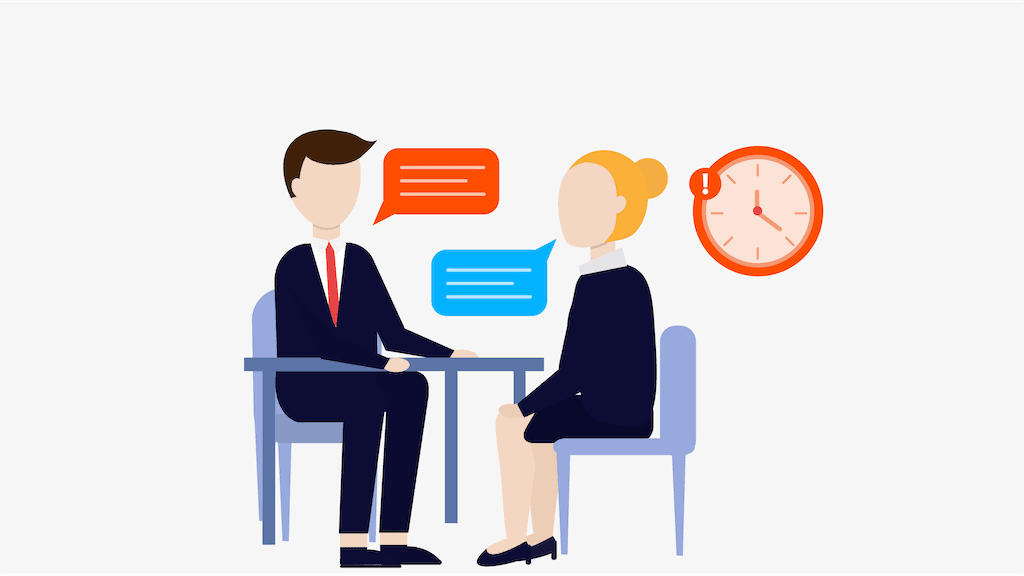
A long interview is almost always a good interview, particularly when it runs well over the scheduled time.
This is safe as assumption because most interviewers aren’t in the habit of wasting people’s time, much less their own.
In fact, they almost always go into an interview with a set list of questions prepared. Enough to fill the time allotted if things go well, and a few markers to cut things short if they don’t.
Rarely do interviews go over the scheduled time, so if they do, you can assume one of two things:
- They’re enjoying talking to you and lost track of time
- They are seriously considering you for the job and want to be thorough before making an offer
Neither of those are bad outcomes.
In cases where there was no set schedule or duration, know that the average interview lasts anywhere from 30-45 minutes – though this is heavily dependent on the industry and demand for the position.
By the way, this means the opposite is equally true. If your interview was cut short, especially without a clear reason provided, there’s a good chance you weren’t successful.
4. They’re Interested In Your Current Job Search
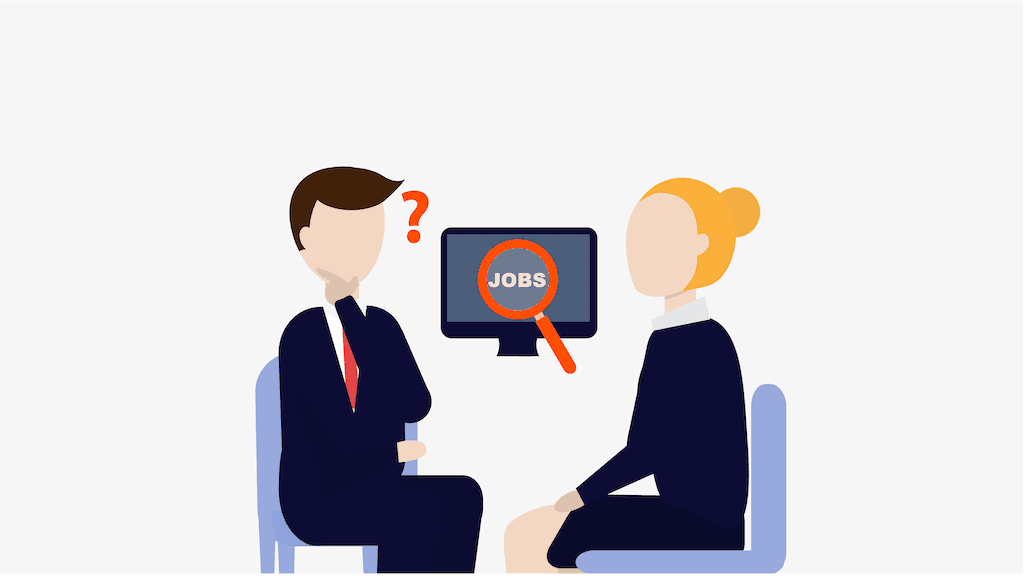
When an interviewer feels they’ve found a likely fit for a position, one of the first things they’ll want to know is how long they have to make a final decision.
The best way for them to gauge this is to outright ask you what else you have in the pipeline, whether it be other interviews or even job offers on the table.
Questions like this are always a good sign:
- Do you have any other interviews lined up?
- How many interviews have you had prior to this one?
- Have you had any job offers yet?
In fact, if you do happen to have other interviews or offers to consider, this will make you more attractive as there’s a good chance you won’t be available for hire for much longer.
Scarcity is a powerful marketing lever, even in recruiting.
5. They Begin To Qualify The Job To You
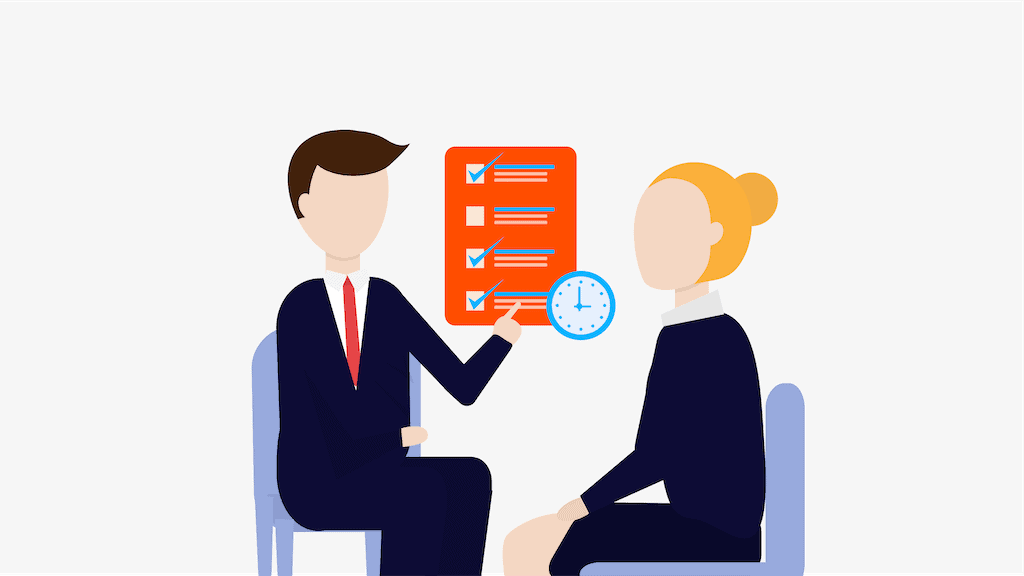
A job interview starts off with a very clear tone.
“We have something you want, now prove to us why we should give it to you over other qualified candidates.”
But there’s often a distinctive moment in a job interview, typically in the later stages, and usually only when you’ve done a good job at selling yourself to the interviewer.
They begin to sell the job to you.
This might include talking about the position itself, the various tasks you’ll be expected to carry out, and the people you’ll be working with.
An interviewer may even start talking about job perks such as extended vacations, remote working opportunities or company vehicles — and that’s when you know you’ve struck gold.
6. They Follow Up About Your References
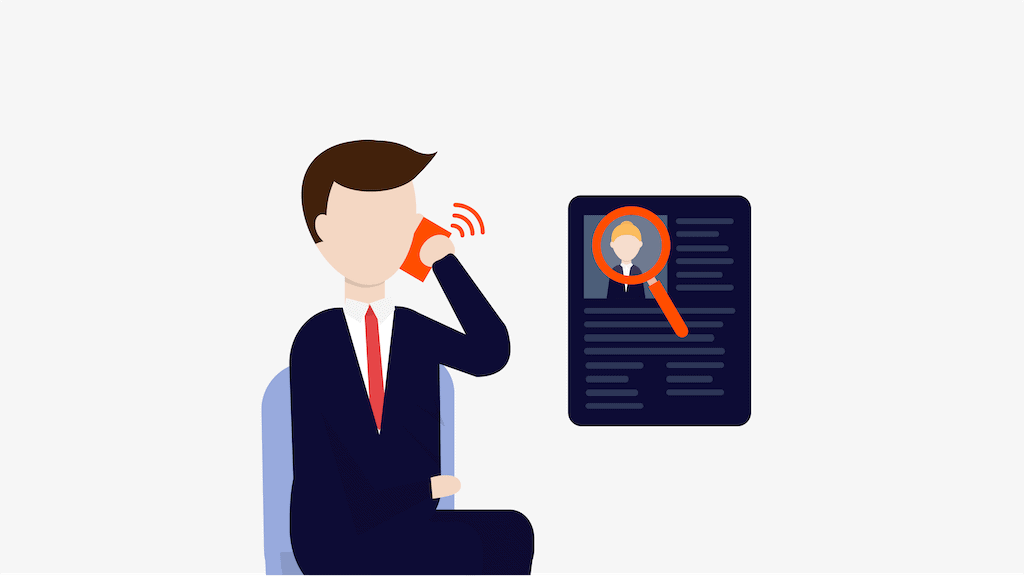
Interviewers typically won’t call up your old bosses and colleagues if they aren’t serious about hiring you.
In other words, an interviewer asking about your references during the job interview gives you a reasonably good indication that they’re considering you for the position.
This can manifest in a few ways, such as:
- Asking you to explain your references
- Asking for more references outside what you’ve listed
- Asking when or how best to contact your references
- Asking for permission to contact your references
7. They Want To Know Your Salary Expectations
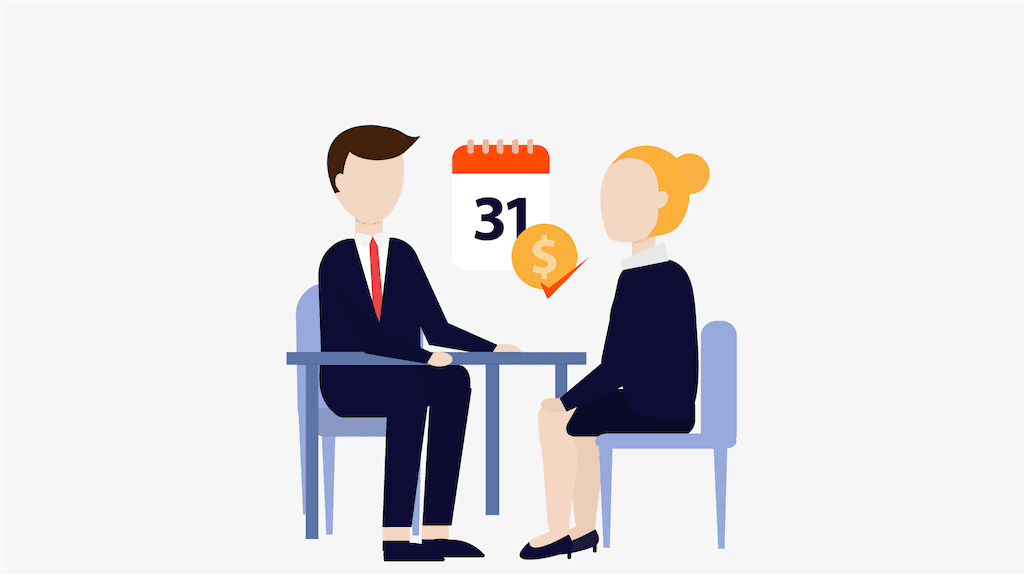
This one has a huge caveat.
If they ask you early to mid-interview, it’s probably just a routine question in their interview process, meaning they’re just using it to qualify you as a candidate and you shouldn’t read too much into it.
However, if they ask about your salary expectations or requirements towards the end of an interview (or at the very end), it’s a good sign they liked you.
They ask this because they want to:
- See if you have reasonable expectations
- Know if they can afford you
- Lay the groundwork for negotiations
By far the most reliable indicator is when they contact you again after the interview to find out this information, because you can be 100% sure it wasn’t part of their initial interview process.
8. The Job Listing Disappears
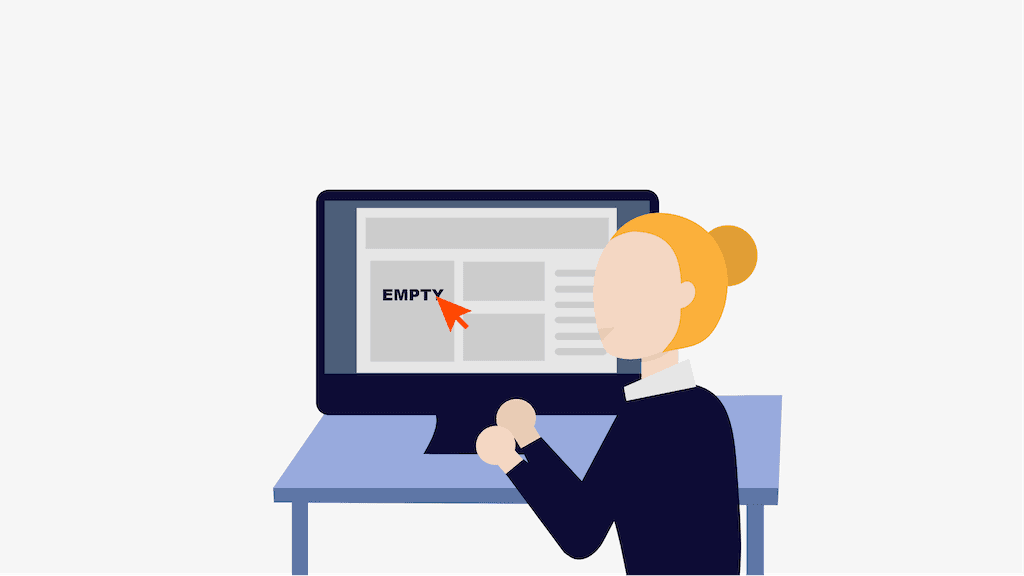
Now we’re getting to the serious signs that a job offer is on the horizon.
If you get home from an interview and notice the job interview listing no longer exists online, has been marked “filled” or “no longer accepting new applications”, or was taken down from whatever job board you initially found it…
Well, you can be certain they’ve either offered someone the job or they’re planning to do so.
The timeframe matters here.
If it happens hours after your interview, it’s very likely they’re gearing up to call you with an offer. If it happens days after your interview, it’s more likely someone else got the offer.
In some cases, a listing may be updated or replaced with a new one, but this isn’t necessarily a bad sign.
The listing may have been taken down accidentally, or they could be hiring for multiple positions.
9. They Introduced You To Other Employees

Aside from the reception staff, interviewees almost never interact with everyday employees at the company they’re applying for.
With potentially hundreds of candidates coming through their doors every year, it’s not an appropriate use of time for employees to greet them, especially when only a small percentage will actually end up being their colleagues.
But there are always exceptions, and this one happens to be a big clue when it comes to figuring out how well an interview went.
If the interviewer takes a moment to introduce you to one or several of their colleagues, especially nearing the end of an interview, you can be pretty confident you made the right impression.
Bonus points if they introduce you to their boss.
Again, this isn’t a common scenario in a job interview, so don’t take any negatives away if you didn’t meet anyone else at the company.
What Does A Job Offer Look Like?
There are a few different ways an offer can materialize.
The first is in-person confirmation.
If you made a particularly good impression on the interviewer, they might commit to a job offer right at the end of your interview.
For example, they might say something like:
- “You seem like a great fit and we’d like to make you an offer”
- “We’re going to put an offer together for your consideration”
- “The job is yours if you’re still interested”
In most cases, though, you can never be certain a job offer is on its way to you until you actually receive an official offer – but what does one actually look like these days?
A job offer will take one of three forms:
- Traditionally, someone from HR will call you (potentially including the person who interviewed you) to offer you the job over the phone.
- Otherwise, this can come in the form of an email, especially if all or most of your communication with the company took place over email leading up to your job interview.
- Some companies prefer to send written offers through snail mail, so you may have to be a little more patient.
If you really want peace of mind, it doesn’t hurt to ask “how will I receive the job offer if successful?” at the end of your interview.
No Matter What, Keep Applying.
It doesn’t matter how well you think an interview went, the biggest mistake people make when trying to land a job is to actually stop trying.
Even if you have multiple interviews lined up. Even if you have a flawless job interview. And even if you think a job offer is all but certain.
Never stop applying until the day you accept an offer.